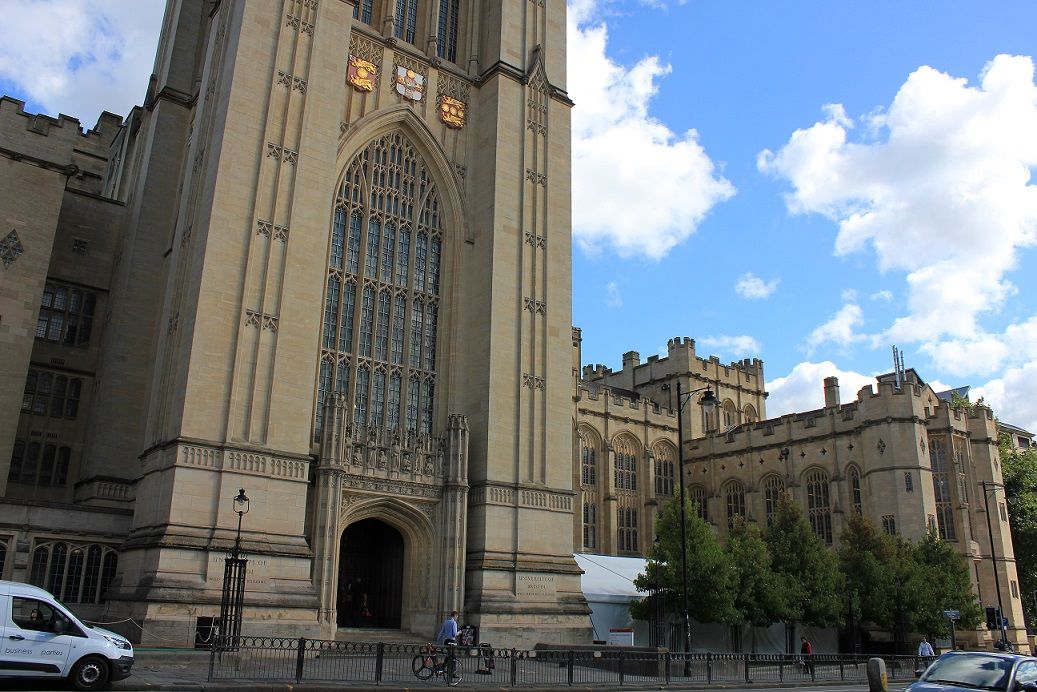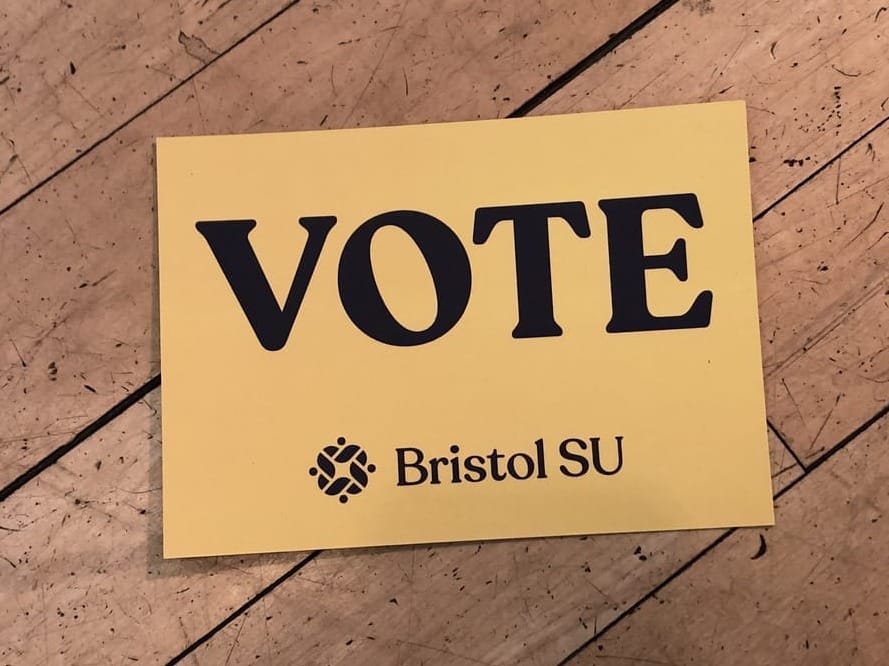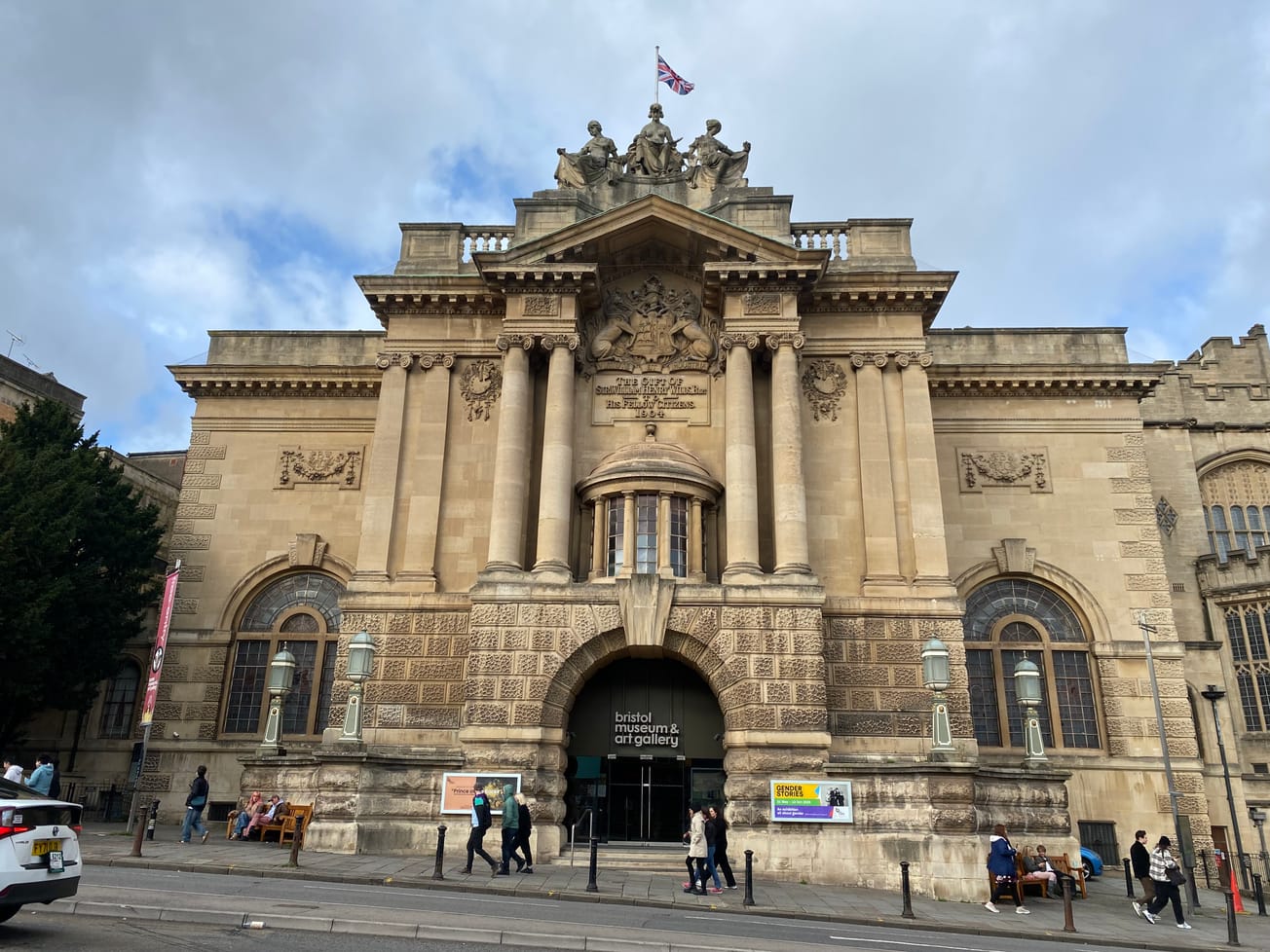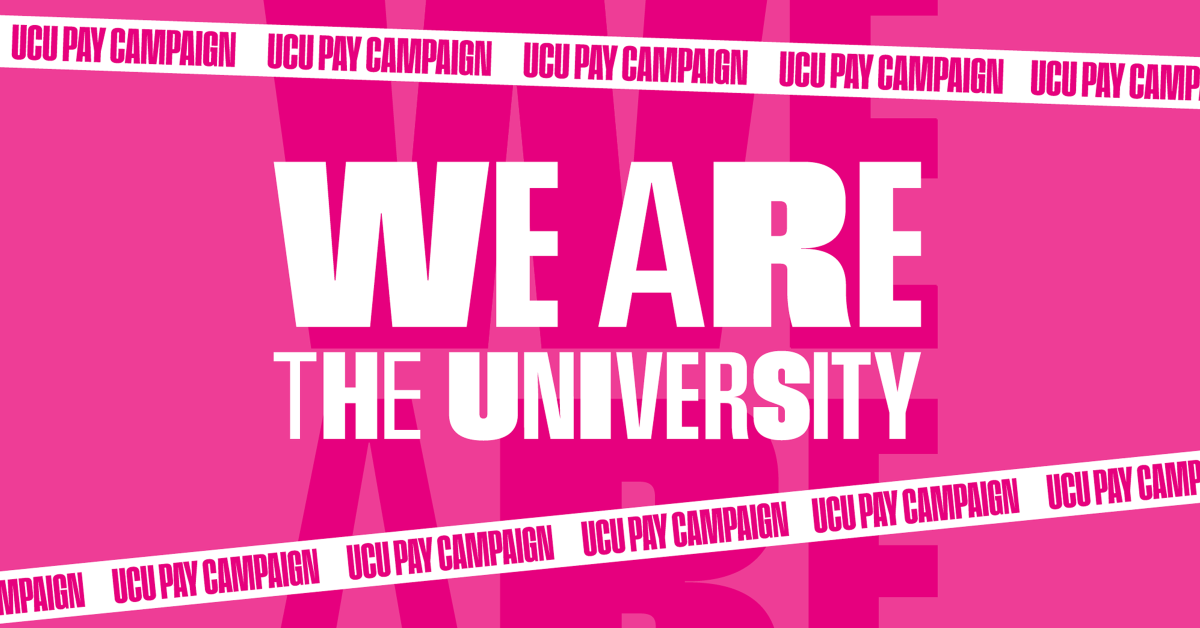By James Cleaver, Online News Editor
The University of Bristol is to advertise a permanent academic role to examine the role of slavery in its history.
A university spokesperson stated that the purpose of the position is to 'explore, investigate and determine the university’s historical links to slavery'. They added that 'as an institution founded in 1909, we are not a direct beneficiary of the slave trade, but we fully understand and acknowledge that we financially benefited indirectly.'
As a major slave port, much of the city’s wealth was accumulated through the slave trade. In 2018, a study estimated that 85 per cent of the wealth used to fund found the University of Bristol relied on slave labour.
Henry Overton Wills III, after whom the Wills Memorial Building is named, was part of a family which accumulated their tobacco fortune through slave labour. The merchant and MP Edward Colston is estimated to have enslaved 84,000 Africans, leading to Colston Hall's announcement that it will change its name in 2020.
In 2017, the University rejected a petition to rename Wills Memorial Building, although the historian David Olusoga renewed these calls in an interview with Epigram last year. There have also been demands to change the University’s crest, with the sun and dolphin references to Wills and Colston respectively.
A public meeting will be held this week to discuss what form a memorial to the city's slavery links will take. Asher Craig, one of Bristol's deputy mayors, has spoken about how previous efforts to memorialise the slave trade have been done by isolated groups, calling for the story to be 'told by a diverse range of voices for a diverse audience.'
The University's decision comes after the University of Cambridge announced a two-year study to ascertain how the institution profited from colonial slavery.
Featured image: Cameron Scheijde / Epigram
Is this move long overdue? Let us know below!









